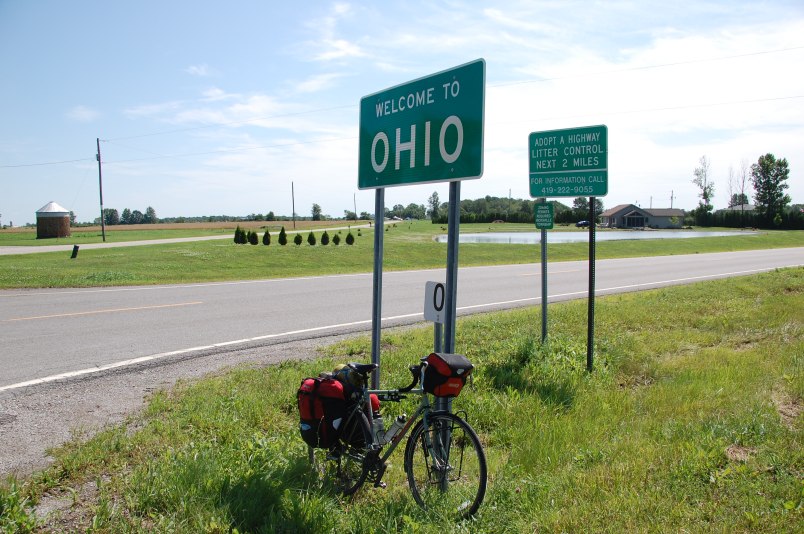The Ohio state Senate was set to consider this week what critics are calling the most restrictive voter identification law in the country. The push for restrictive voter ID measures in the Buckeye state is part of a trend of similar legislation sweeping Republican-controlled legislatures across the country.
But Ohio’s measure is so restrictive — it requires the photo IDs to be issued by the state, so voters couldn’t identify themselves with their full Social Security numbers — that it lost the support of Republican Secretary of State Jon Husted.
“I want to be perfectly clear, when I began working with the General Assembly to improve Ohio’s elections system it was never my intent to reject valid votes,” Husted said in a short statement posted on his official website.
“I would rather have no bill than one with a rigid photo identification provision that does little to protect against fraud and excludes legally registered voters’ ballots from counting,” Husted said.
GOP leaders put the election bill on temporary hold to make sure that they were comfortable considering the other changes the bill would impose, including limiting the number of early voting days, the AP reported. They stripped the voter ID measure out of the larger election bill last week, but a separate bill to require voter IDs is still pending, and is expected to be taken up before the end of the month.
“I do not believe this is in any way a voter suppression issue,” said Tom Niehaus, the Republican President of the Senate. “This is about maintaining the integrity of the voting process.”
Democrats, Voting rights groups and liberal organizations have lined up in opposition against Ohio’s bill, which would require a state-issued photo ID to vote. In a press release, Ohio House Democratic Leader Armond Budish called it a modern day poll tax.
Six states — Alabama, Kansas, South Carolina, Texas, Tennessee and Wisconsin — have passed photo voter ID legislation this year alone. Similar measures have been considered in 33 states this year already.
“When looking at the facts, this legislation is politically motivated and treads on the most fundamental rights of Ohioans,” Ohio AFL-CIO President Tim Burga said in a statement.
The American Civil Liberties Union (ACLU) said last week it would sue over the measure.
“The passage of House Bill 194 makes Ohio’s voter identification law the most restrictive in the nation,” ACLU of Ohio Legal Director James L. Hardiman said.
“While proponents argue that the change is necessary in order to prevent voter fraud, there is simply no evidence that widespread fraud exists and that this would do anything to prevent it,” Hardiman said. State legislators will disenfranchise thousands of Ohioans to solve a problem that does not exist.”
In North Carolina, Democratic governor Bev Perdue vetoed voter ID legislation, arguing that it would “unnecessarily and unfairly disenfranchise many eligible and legitimate voters.”






